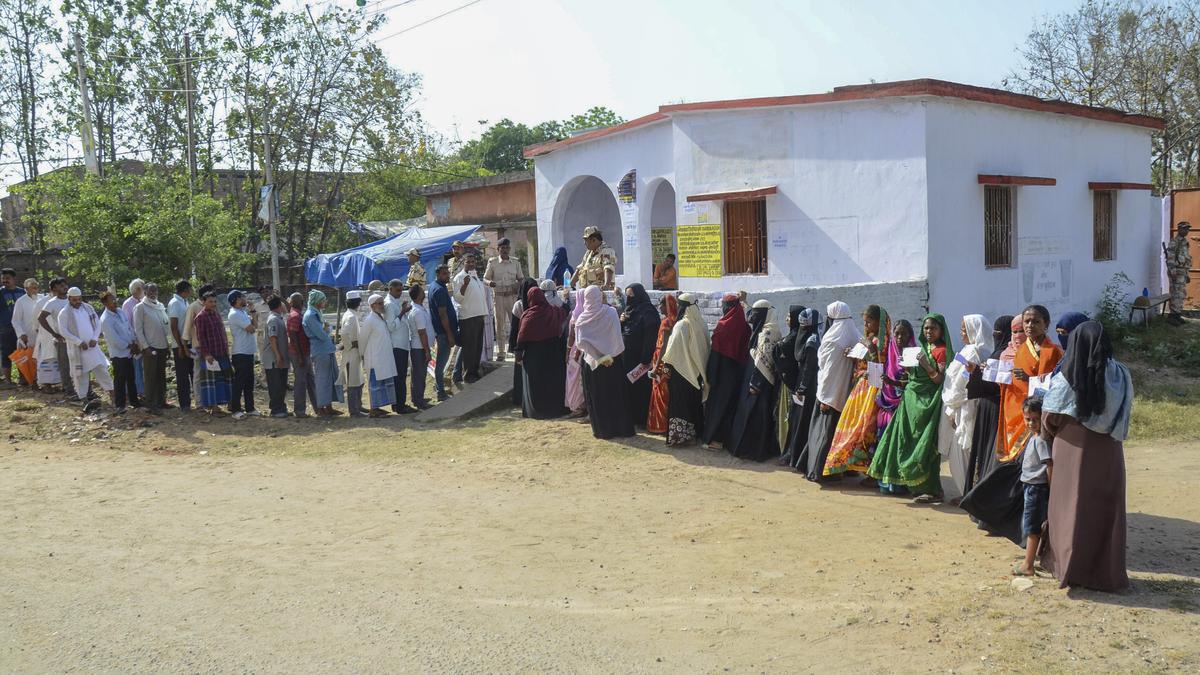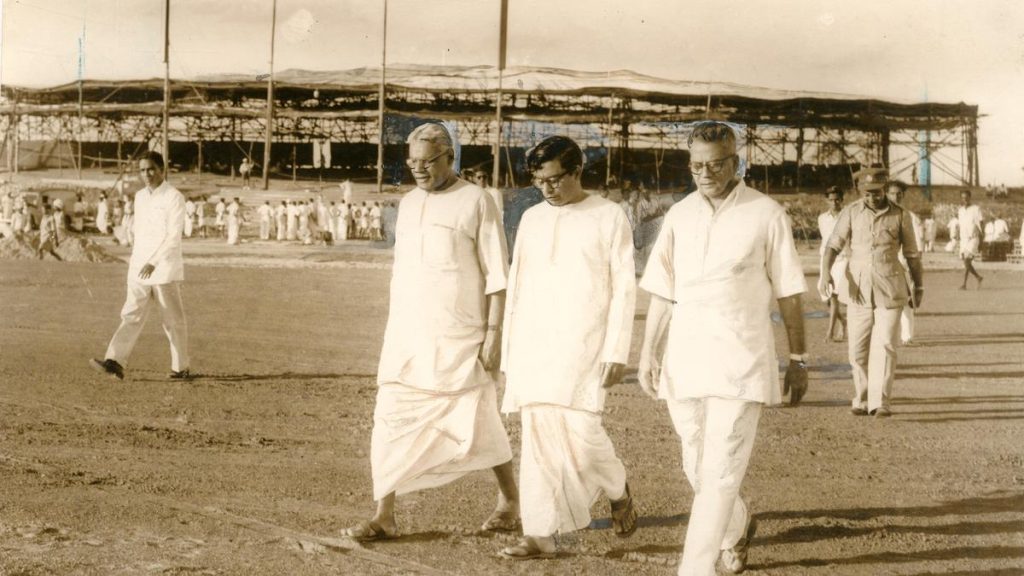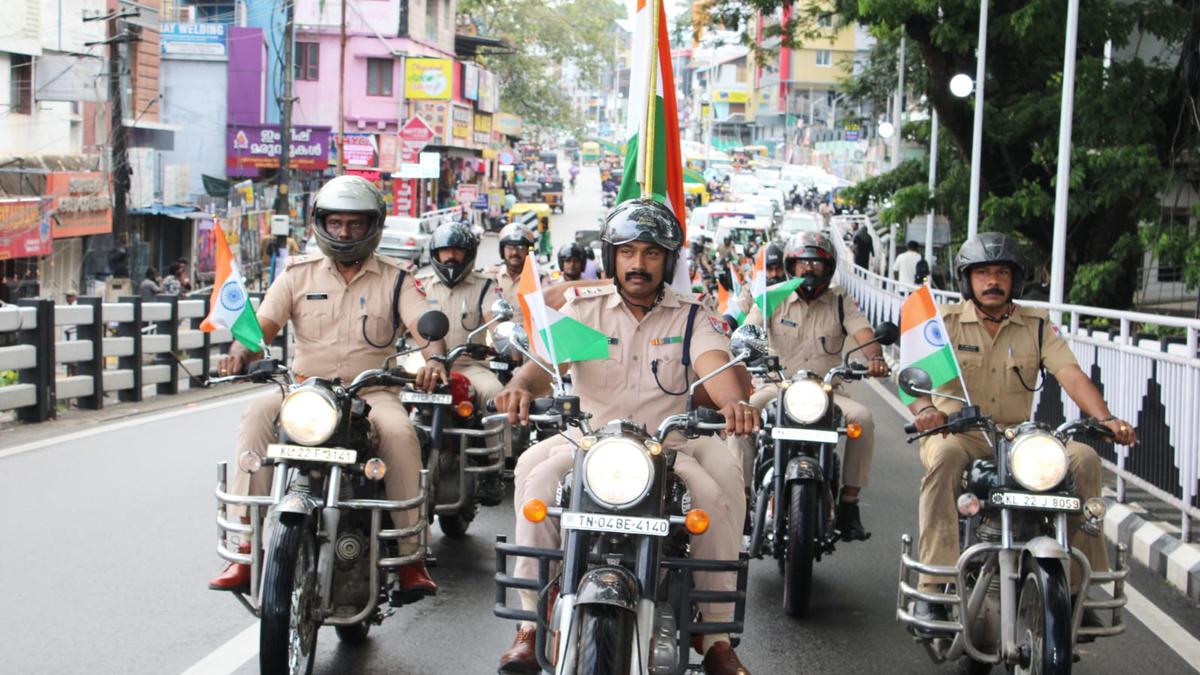Now Reading: Bihar Polling Changes Stir Confusion Over Stations, BLO Assignments
-
01
Bihar Polling Changes Stir Confusion Over Stations, BLO Assignments
Bihar Polling Changes Stir Confusion Over Stations, BLO Assignments

Speedy Summary
- The Election Commission of India (ECI) has completed rationalisation and reorganisation of polling stations in Bihar as part of the Special Intensive Revision (SIR) of electoral rolls.
- The number of polling stations has increased from 77,895 to 90,712 to limit voter capacity per booth to 1,200 rather of the previous limit of 1,500.
- Bihar is the first state to implement this new ceiling on voters per polling station.
- All existing booths have been renumbered along wiht Booth Level Officers (BLOs) reassigned after July 26 during phase two of SIR.
- Concerns have arisen among voters and political workers about BLO changes that led to confusion in addressing claims, objections, or verifying deleted elector records due to lack of coordination between old and new BLOs.
- political parties like Congress, Rashtriya Janata Dal (RJD), and Communist Party of India (Marxist-Leninist) allege process inefficiencies impacting voter clarity and creating difficulties for local BLO queries.
- ECI sources defended the move as transparent with public meetings held. Officials stated that data transfer between splitting booths was seamless and efficient while ensuring smaller queues enhance voting participation.
Indian Opinion Analysis
The rationalisation decision by the ECI holds significant administrative promise but comes with operational challenges. Increasing polling stations aims at reducing overcrowding during elections-a critical concern for fair accessibility. Though, logistical hurdles such as BLO reassignments during ongoing revisions led to confusion among voters who depend heavily on these officials for process clarity regarding deletions or changes.
Political criticism highlights gaps in coordination or preparedness but should be weighed against statements from election officials asserting transparency measures were implemented through public events and notification processes. Ultimately, this effort reflects a forward step towards streamlining India’s democratic processes but underscores a need for better planning in managing transitional phases. As Bihar leads implementation nationwide on this policy shift-its outcomes could serve as an essential template for similar adaptations across other states.
Read more: The Hindu
























